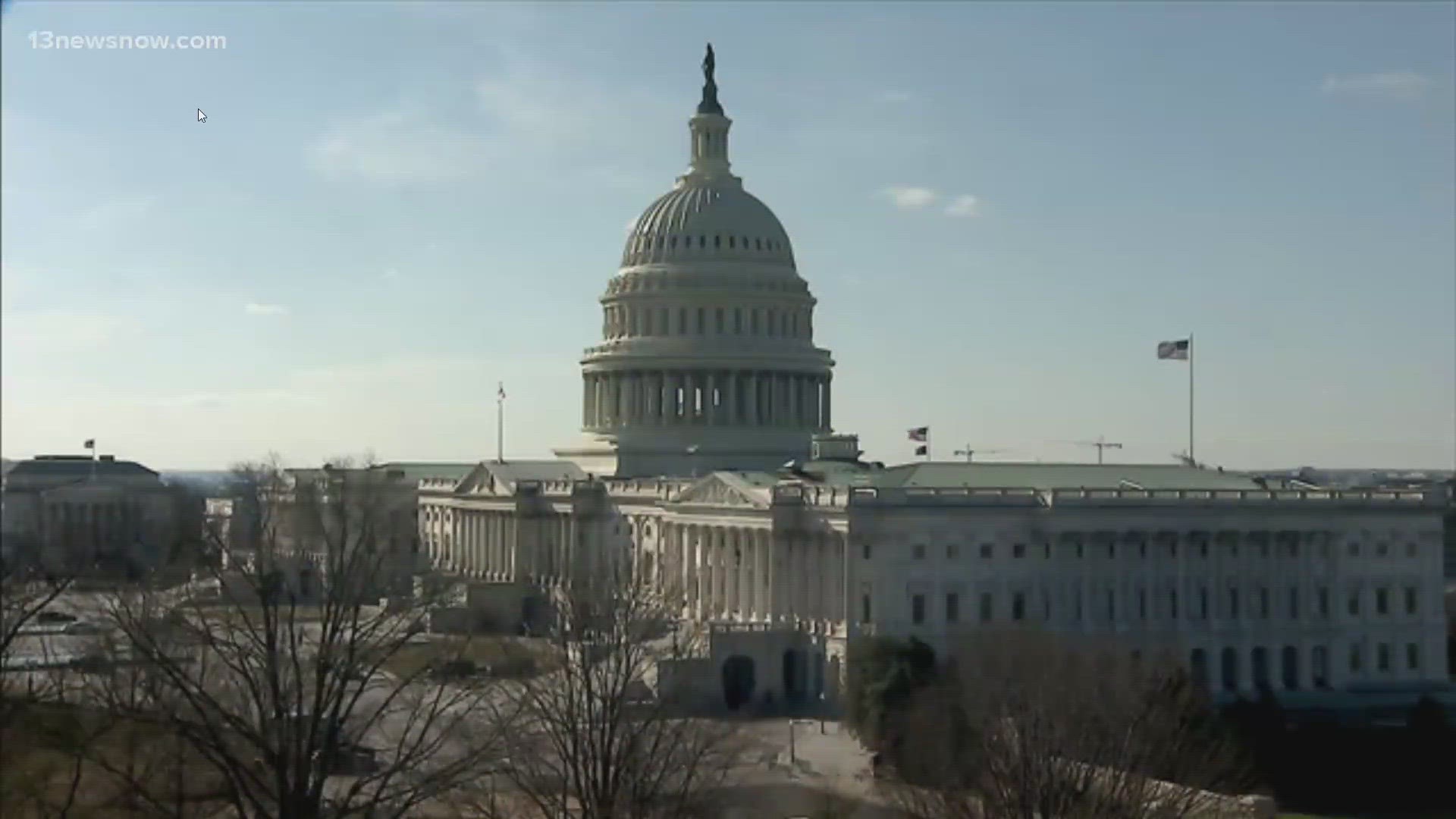WASHINGTON — The clock is ticking.
If a deal to raise the federal government's $31.4 trillion debt ceiling isn't reached and passed by both chambers of Congress, the U.S. Treasury has said it could start running out of funds as early as June 1.
It's a move economists say could trigger a recession.
The congressional Joint Economic Committee held a hearing Wednesday called "How a U.S. Default Crisis Harms American Families and Businesses."
Trump Administration Office of Management and Budget Director Mick Mulvaney said the idea of raising the corporate tax rate to help balance the budget is flawed.
"The corporate tax doesn't generate enough money to worry about. It doesn't. The money is in income taxes on the middle class. That's where the money is," he said.
Mulvaney continued: "There's an old saying. Why do you rob banks? Because that's where the money is. If you're going to do this by raising taxes, you have to do it on the middle class. And nobody wants to do that. And you shouldn't."
Edward Jones Financial Planner Shandre Harasty predicts a recession, and says with talk of possible tax hikes and Social Security cuts, having a sound retirement plan to fall back on is more critical than ever.
"And what concerns me is nearly half of all Americans today do not have a retirement account and Social Security is simply not going to cut it," she said. "You're protecting yourself against not having enough income during retirement, as well as the rising cost of living over your lifetime."
President Joe Biden said Wednesday he is "confident we'll get the agreement on the budget and America will not default."
When asked if a deal is possible, House Speaker Kevin McCarthy said, "It's doable."

